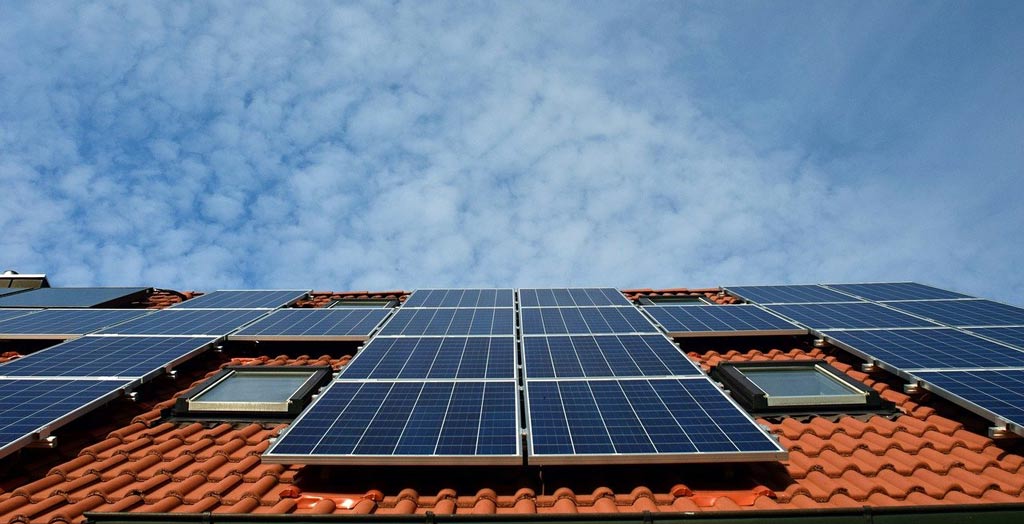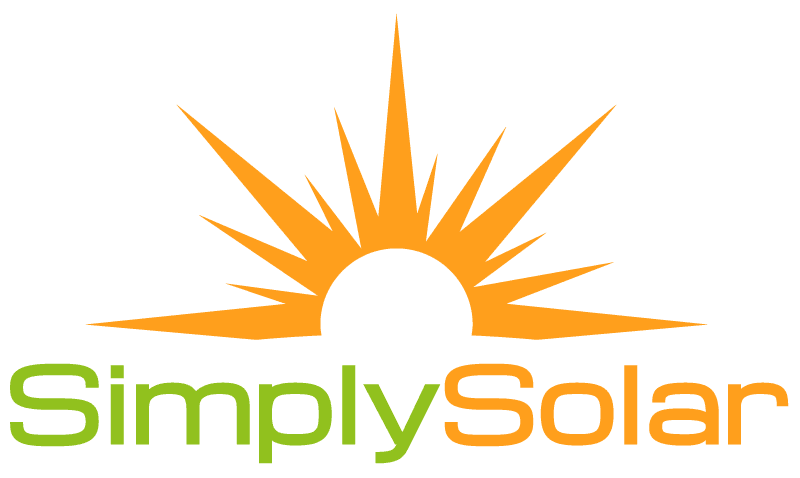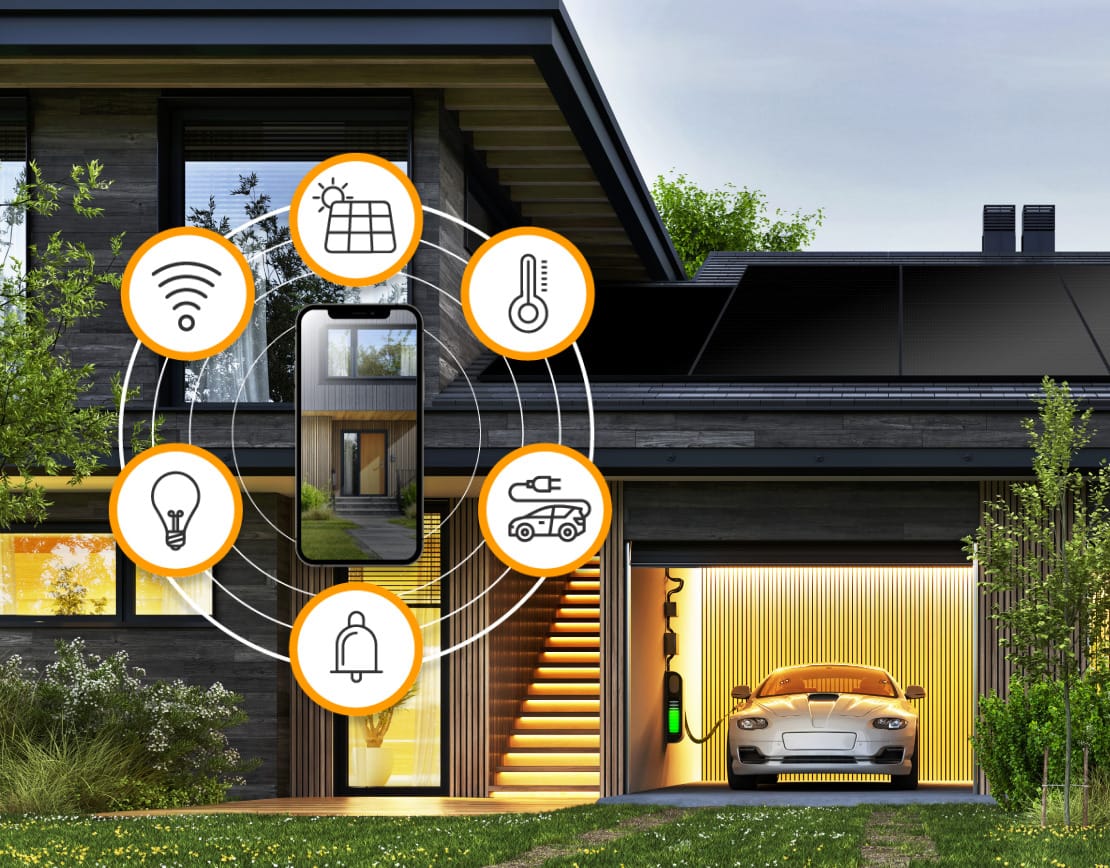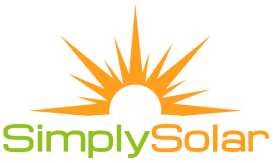What seemed like a pipe dream to many has now become a reality. Solar systems are now mainstream, with a lot of people having installed them in their homes already. Solar energy promises cost benefits, environmental conservation, and providing a reliable energy source. If you are looking to switch to solar, you might be wondering what it would look like. Here is some solar power information to get you started:
How Does Solar Work?
Understanding how solar power works could help you see what makes it a reliable energy source. Solar power works under two technologies, photovoltaics (PV) and Concentrating Solar Power (CSP). PV is what you typically find on rooftops and solar farms. As the sun shines on the solar panels, its photons are absorbed by the panel cells, which creates an electric field, leading to electricity flow.
CSP, on the other hand, is not typically used for residential purposes but in large power plants. The system uses mirrors that reflect sunlight towards receivers that collect solar energy before turning it into heat. The heat is then used to produce electricity.
What Does a Home That’s Suitable for Solar Energy Look Like?
The question of if your home is suitable for solar relies on solar power basics. Solar power is ideal for any climate, from warm to foggy ones. However, one thing that will affect your ability to switch to solar is your roof’s status and the level of shade from your home.
Old roofs or those that need repairs might not be ideal for solar panel installation. The direction your roof faces and its slope will also affect solar power generation. With any solar installation project, it’s important to work with an installer that has a clear understanding of what your roof and future solar panels will need to perform at an optimal level. Working with a reliable installer will ensure you get all the essential solar power installation information you need.
Simply Solar is known for being capable of installing on almost any roof type - we offer custom installation and we have an in-house roofing division! More on that here.
How Much Can You Save by Switching?
The amount of money you can save by switching to solar will depend on a few solar power basic conditions. For instance, the direction and inclination of your roof and the amount of sunlight it receives will dictate how much power you can generate. Your savings capability will further be dictated by how you use your electricity, your typical electricity rates, and how much your utility company pays you to send the excess energy to the grid.
It is essential to pick energy-efficient appliances if you want to save more energy. This includes water heaters and AC systems, among other appliances. Consider talking to a reliable installer for insights on how to maximize your cost-saving capacity.
How does Switching Impact Your Home’s Resale Value?
Solar energy will increase your home’s resale value, and this goes back to the solar power basics. Having installed a solar system means that homeowners see your home as an affordable one, energy-wise. This is similar to having energy-efficient appliances. Potential homeowners are willing to pay a premium for homes with the average solar panel array.
With most people having been forced to stay at home during the pandemic, homeowners are now more wary of their home’s energy consumption. Even better, the fact that solar panels are also created to be aesthetically appealing could help boost your home’s appeal.
How Much Maintenance is Required?

Among the most rewarding solar power basics to be aware of is that solar panels require little to no maintenance. You might need to clear debris or snow from it and change the inverter after a few years, but that is just about it. As long as you get your solar power information from and work with a reputable source, you can rely on your system for a long time. Even better, most systems come with lengthy warranties, 15 to 20 years, which means that you are covered in case anything goes wrong.
Best of all, You Will Protect the Environment
Conversations around reducing carbon footprints and fighting climate change have been all the rage. Solar systems allow you to join this movement. How they contribute to better earth trickles down to the solar power basics. By definition, solar energy is renewable, clean, and sustainable.
Unlike coal and fossil fuels, you won’t be causing any harm to the environment. Even better, you can recycle your solar system after it’s past its useful life.
Switch to Enjoy the Benefits
Switching to solar promises a lot of benefits. If you are worried about the initial installation cost, the fact that it can repay itself after a few years should ease your mind. Besides, you get to enjoy the perks of solar power for a long time. Now that you understand the solar power basics, why don’t you start switching today?




